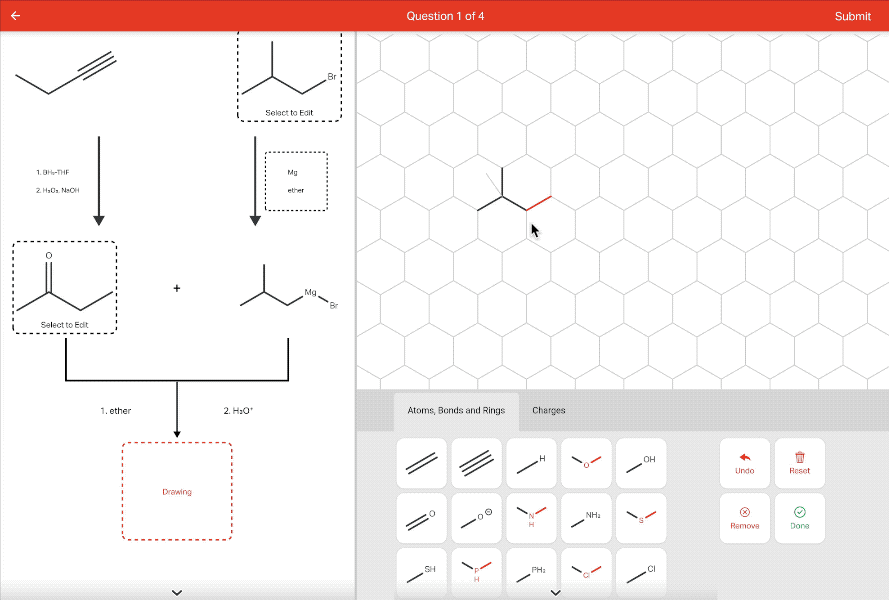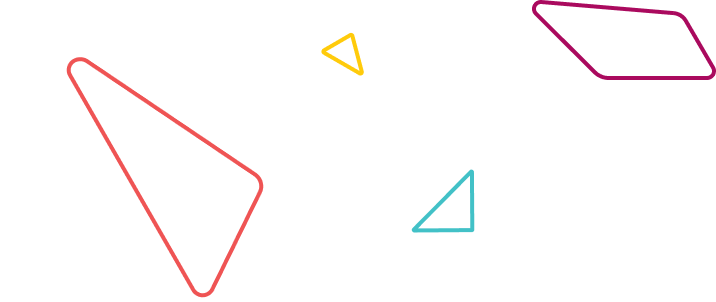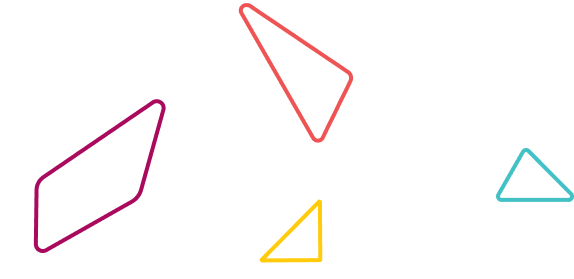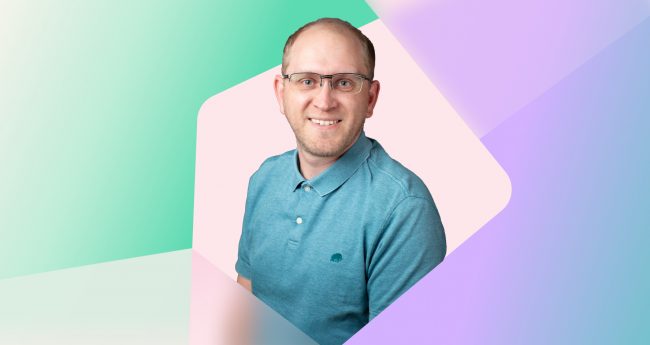Transitioning to a Platform Without the Headache
When instructors have struggled with online learning platforms in Organic Chemistry courses for years, it can be hard to imagine that one exists that actually enhances the way students learn. However, faculty can feel comfortable transitioning to a platform if it easily aligns to their personal pedagogy and properly engages students in drawing structures to complete relevant exercises such as synthesis, nomenclature, spectroscopy, and mechanisms. The biggest deal breaker – and last thing anyone wants to deal with – is a disruption to a well-designed course that’s been established for years.
Michael Garoutte, Professor of Chemistry at Missouri Southern State University, relates to the skepticism instructors face when considering new platforms for Organic Chemistry courses. When he came across Aktiv Chemistry, he was pleasantly surprised to find that it was unlike any other platform he’s ever experienced. “[Aktiv Chemistry’s] system is flexible enough to support the actual pedagogy that different instructors are using in their classroom.” Michael has been teaching chemistry for over 20 years, and while he describes his current roster of Organic Chemistry students as motivated, he’s always characterized the subject as a “new animal” for anybody. To help his students tame the ‘beast’ that is organic chemistry, Michael found his answer in Aktiv Chemistry.
Students actually liked it! Which is rare, in my long experience, that they would say, “hey, we like this homework system.” Other platforms I’ve used — students just get super frustrated with.¹

Unprecedented Drawing System and a Deep Question Library
Students learning organic chemistry for the first time are exposed to a new world of content. They must go beyond surface-level understanding from General Chemistry, and learn to draw mechanisms and predict the course of chemical reactions. Having a large content library to address these concepts is a necessity for Organic Chemistry instructors. Michael found Aktiv Chemistry’s library of 15,000+ questions to have such depth and variation that aligning questions to his way of teaching was a breeze.
The AktivGrid drawing system – Aktiv Chemistry’s unprecedented approach to drawing and manipulating organic molecules – was a fan favorite amongst Michael’s students. AktivGrid’s dynamic, mobile-first interface enhances the experience of drawing organic structures from skeletal structures, condensed structural formulas, chair projections, Newman projections, and more.
The AktivGrid drawing system features a groundbreaking user interface that allows for intuitive molecule drawing on any device, and intelligent student feedback on misconceptions in Organic Chemistry courses.
Michael’s students were able to focus on organic chemistry and not technology due to how easy it was for them to pick up AktivGrid.
With his students effortlessly interacting with Aktiv Chemistry’s platform, Michael could do what he does best: teach. Michael says his students genuinely liked using Aktiv Chemistry, a rare degree of positive feedback he hadn’t heard before in other learning platforms in his decades of experience.
Lowering Barriers to Student Success
But a large content library isn’t all that convinced Michael to adopt Aktiv Chemistry. He opted to give students multiple attempts at homework questions without penalty so they could receive (and learn from!) Aktiv Chemistry’s pedagogical, chemically-intelligent feedback.
What I've seen in other platforms is just basically, ‘No, this is the answer’ or ‘that's not right’ – that's not what I want. I'm into guided inquiry. If you guide [students] to come up with the answer themselves, then they're going to own that knowledge more than if you just give them the answers."
Michael found Aktiv Chemistry’s feedback to be valuable for his students as they were actually learning the process of problem solving over memorizing an answer.

An example of how Aktiv Chemistry and the AktivGrid provide targeted instructional feedback that guides students with helpful hints when they submit incorrect answers on complex problems like multi-step synthesis.
Learning Chemistry at Student Fingertips
Compounding responsibilities from work, family, and travel pull university students in all kinds of directions. Delivering learning experiences through platforms confined to traditional devices such as desktops and laptops lead to lost opportunities where students can learn on-the-go. Today’s students appreciate a platform’s flexibility on different devices— be it laptop, tablet or smartphone. In fact, our recent survey of over 6,100 students from 446 colleges and universities reports that an overwhelming 93% found mobile accessibility helpful to complete their coursework.
Michael not only felt Aktiv Chemistry being mobile-first was “appealing” but also that students were more likely to complete their work ahead of time.
Are You Ready to Make Your Move?
Every instructor has a unique approach to teaching chemistry. Transitioning to a new platform is easy when it lets you maintain the routine you’ve always loved and the scope and sequence that works best for you. That’s why, for Michael, switching to Aktiv Chemistry for his Organic Chemistry class was a no brainer.
See how Aktiv Chemistry can enhance your classroom, schedule a free demo with us today!






